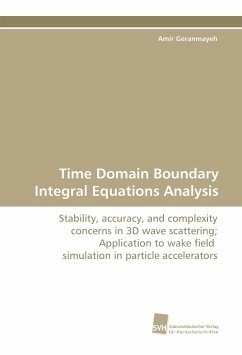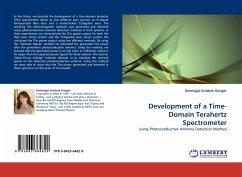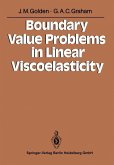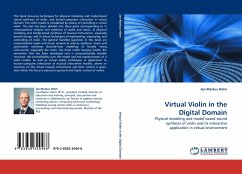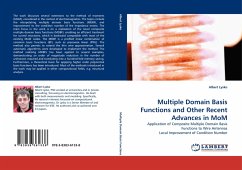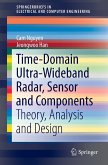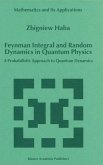The present research study mainly involves a survey of diverse time-domain boundary element methods that can be used to numerically solve the retarded potential integral equations. The aim is to address the late-time stability, accuracy, and computational complexity concerns in time-domain surface integral equation approaches. The study generally targets the transient electromagnetic scattering of three- dimensional perfectly conducting bodies. Efficient algorithms are developed to numerically solve the electric, magnetic, and combined field integral equations for the unknown induced surface current. The algorithms are mainly categorized into three major discretization schemes, namely the marching-on- in-time, the marching-on-in-order, and the convolution quadrature methods or finite difference delay modeling. Possible choices of space-time integration are examined and the results are compared with the finite integration technique's solution. The outcome is applied to the non- dispersive modeling of the field propagation in particle accelerator structures, when travelling bunches of charged particles passes through the beam line elements.
Bitte wählen Sie Ihr Anliegen aus.
Rechnungen
Retourenschein anfordern
Bestellstatus
Storno

